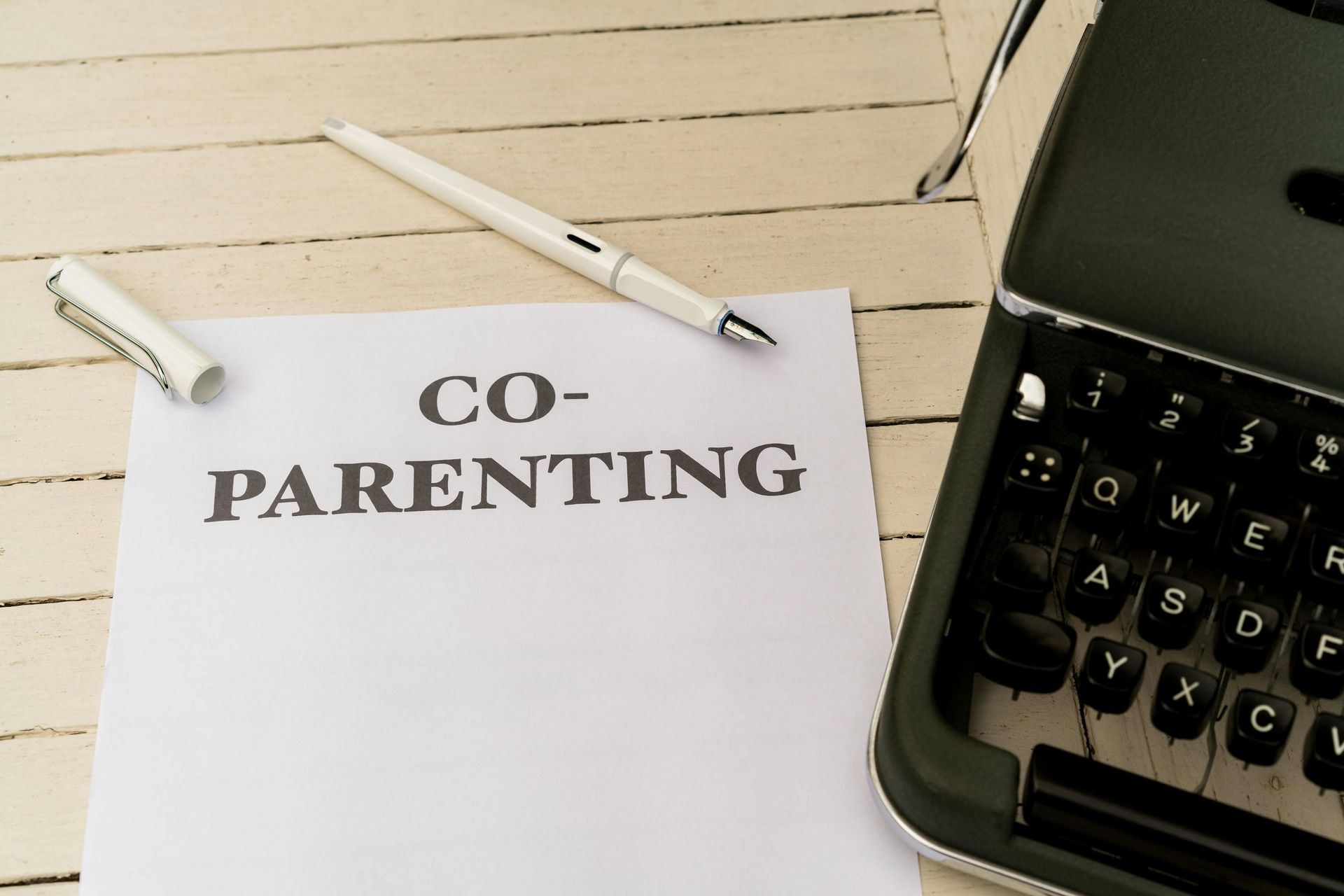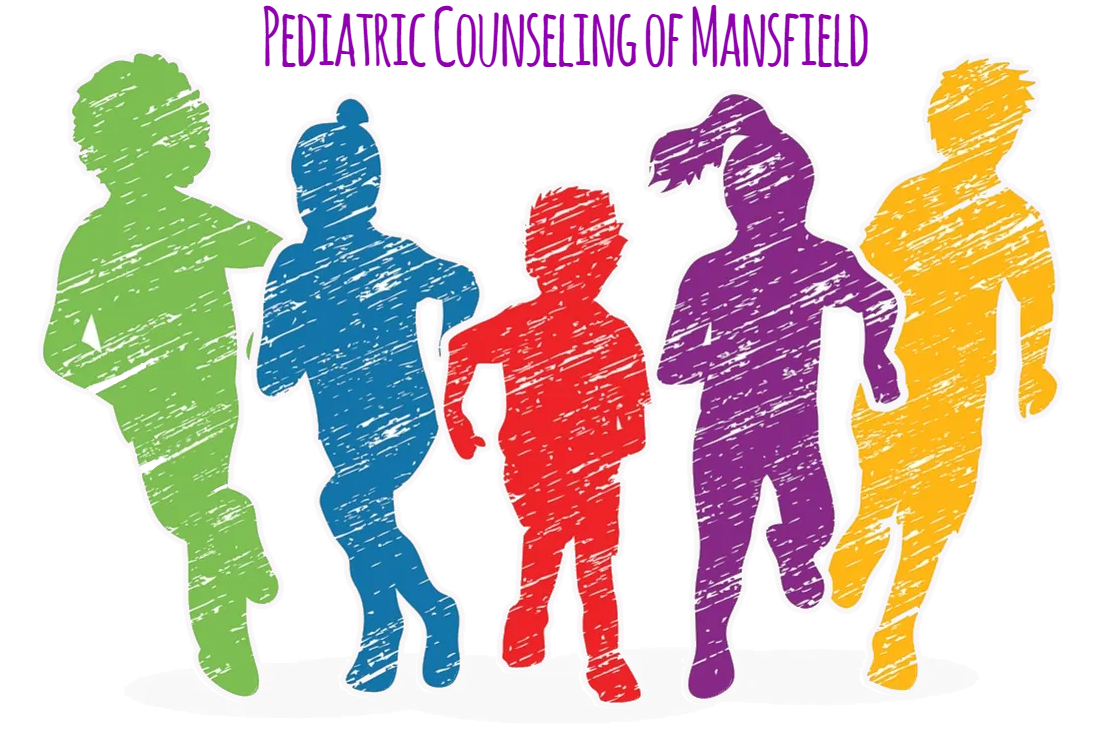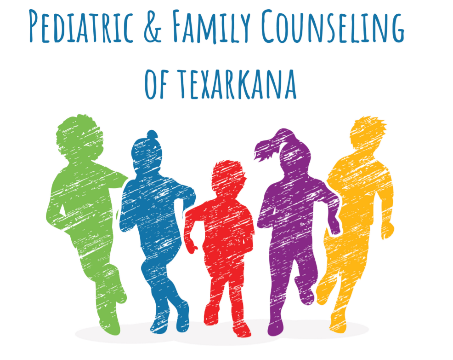The Power of Play: Exploring the Transformative World of Play Therapy

In the world of mental health, traditional therapeutic approaches often involve conversation and introspection. However, for children and even some adults, verbal communication may not be the most effective means of expressing and addressing emotional struggles. This is where play therapy enters the scene—a unique and powerful therapeutic approach that utilizes the language of play to facilitate healing and growth. In this blog article, we'll delve into the transformative world of play therapy, exploring its principles, benefits, and why it's a valuable tool in the field of mental health.
Understanding Play Therapy
Play therapy is a form of psychotherapy that recognizes the importance of play in communication, self-expression, and emotional healing. Grounded in the belief that play is the natural language of children, play therapy extends its benefits to people of all ages, offering a non-threatening and accessible way to explore feelings, thoughts, and experiences.
Key Principles of Play Therapy
- Non-Directive Approach: Play therapy typically follows a non-directive approach, allowing clients to lead the play session. This fosters a sense of autonomy and control, providing individuals with the freedom to express themselves in a way that feels most comfortable to them.
- Symbolic Expression: Play allows individuals to communicate symbolically, using toys, art, and other mediums as metaphors for their experiences. This symbolic expression can provide valuable insights into the client's inner world, offering the therapist a unique window into their thoughts and emotions.
- Emotional Regulation: Through play, individuals can learn to regulate and express their emotions in a safe and controlled environment. Play therapy helps clients develop emotional intelligence, coping skills, and resilience.
- Building Therapeutic Relationships: Play therapy emphasizes the importance of the therapeutic relationship between the client and the therapist. The therapist becomes attuned to the client's play, offering support, validation, and guidance as needed.
Benefits of Play Therapy
- Expression of Unspoken Emotions: Play therapy allows individuals to express emotions that may be difficult to put into words. This is particularly beneficial for children who may not have the verbal skills to articulate their feelings.
- Exploration and Problem-Solving: Play therapy provides a space for individuals to explore and make sense of their experiences. Through play, clients can experiment with different scenarios, problem-solving strategies, and coping mechanisms.
- Trauma Resolution: For individuals who have experienced trauma, play therapy can be a powerful tool for processing and resolving traumatic experiences. It allows clients to revisit and reframe their narratives in a way that feels safe and empowering.
- Enhanced Communication: Play therapy can improve communication skills, both verbal and non-verbal. This is especially beneficial for children with developmental challenges or individuals who struggle with traditional forms of communication.
Play therapy stands as a testament to the versatility and resilience of the human mind. By embracing the language of play, therapists can unlock doors to healing, self-discovery, and growth. Whether used to support children facing behavioral challenges or adults navigating complex emotions, play therapy offers a unique and transformative approach to mental health that honors the innate creativity and resilience within each individual. Through the power of play, therapy becomes a dynamic and engaging journey towards healing and well-being.












